Barcelona’s Jewish Community: One of Europe’s Oldest
The stunning city of Barcelona is known for being one of the most beautiful cities in all of Europe. However, not many know that Barcelona the city is rich with Jewish history, culture, and heritage. On his visit to Barcelona in 1862, famed Danish author Hans Christen Anderson remarked that Barcelona was the “Paris of Spain.” True the city does seem to carry a joie-de-vivre of its own never running short on food, wine, music, history, or art. However Barcelona history began well before the time of Gaudi and Dali. The city was settled over 2,000 years ago as a Roman colony called Barcino. So named for the Roman Emperor Augusta Faventia Paterna Barcino. The settlement was used as an outpost and port for trading. This new economic opportunity came the city’s very first Jewish community.
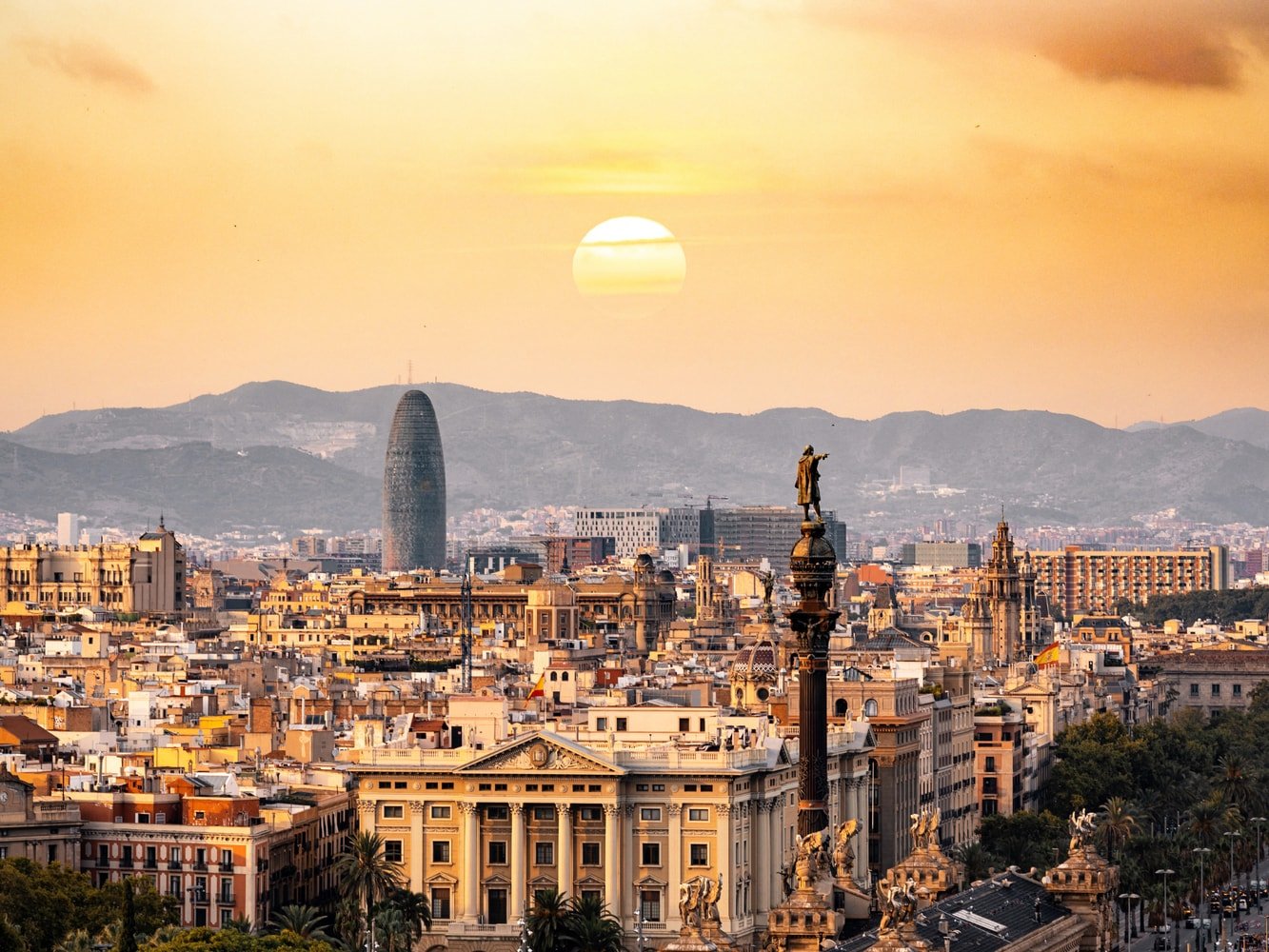
Early Catalonian Jewish History and Culture
Jewish history in Barcelona is one of the oldest and most notable in the whole of Jewish Europe. From the time of ancient Rome until the Expulsion in 1492, the Jewish people of Catalan flourished both spiritually, intellectually, and economically. The community identity was so fervent that Barcelona’s Jews cultivated their own language called Catalanit. They occupied positions as doctors, merchants, and philosophers, and participating in some foundational moments in Jewish history such as the Barcelona Disputation of 1263. This was the religious battle over the truth of the messiah. This famous fight was between Spanish Jewry’s staple sage Nachmanides and Friar Paul Christian. However the most important roles Jews played in terms of their value to the state was money lending. During the end of the 7th century Barcelona’s Jewish community was the private financial resource of Catalonia’s sovereign courts because only Jews could legally lend money.
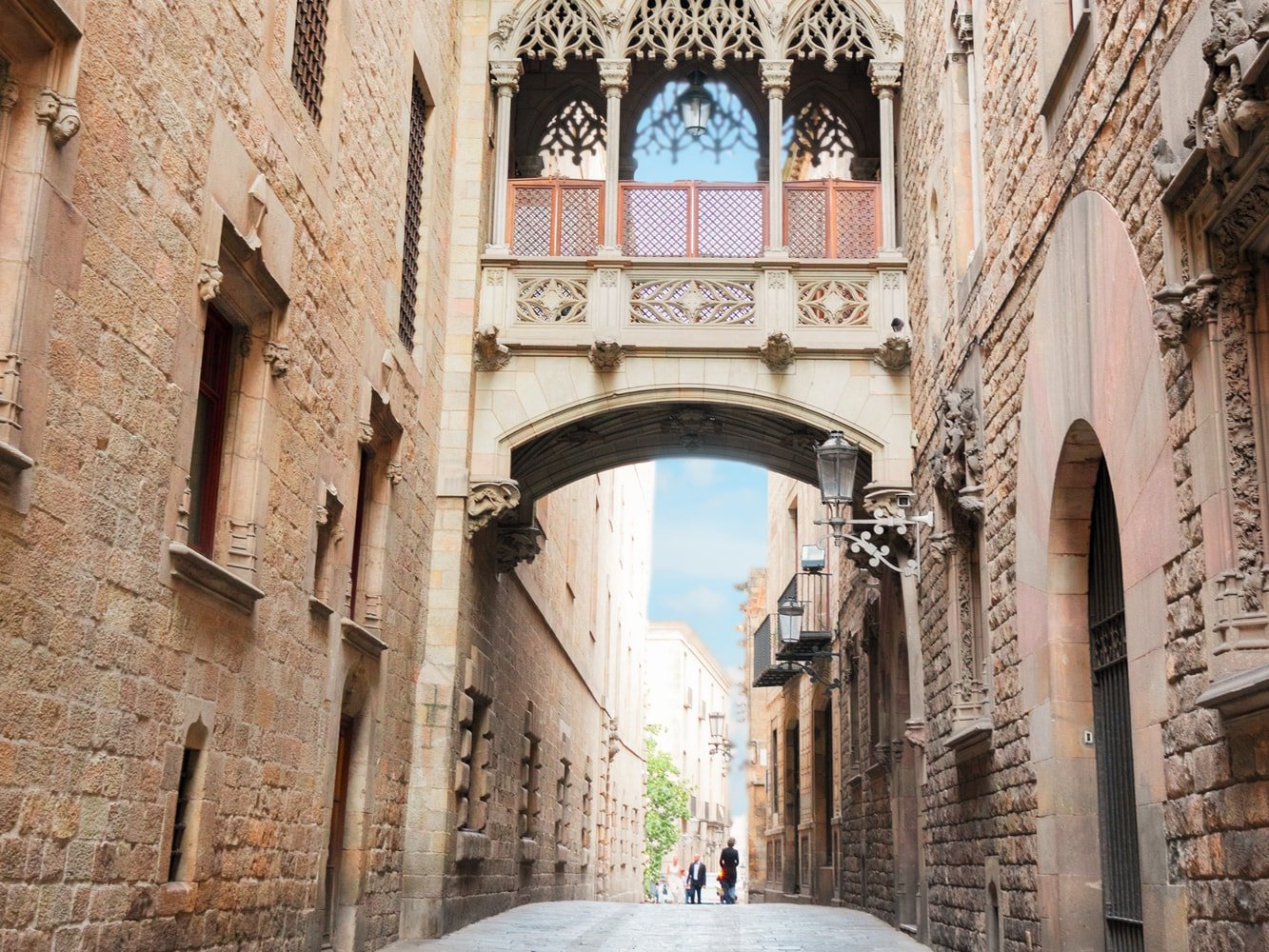
Discrimination Against the Jewish People and WWII
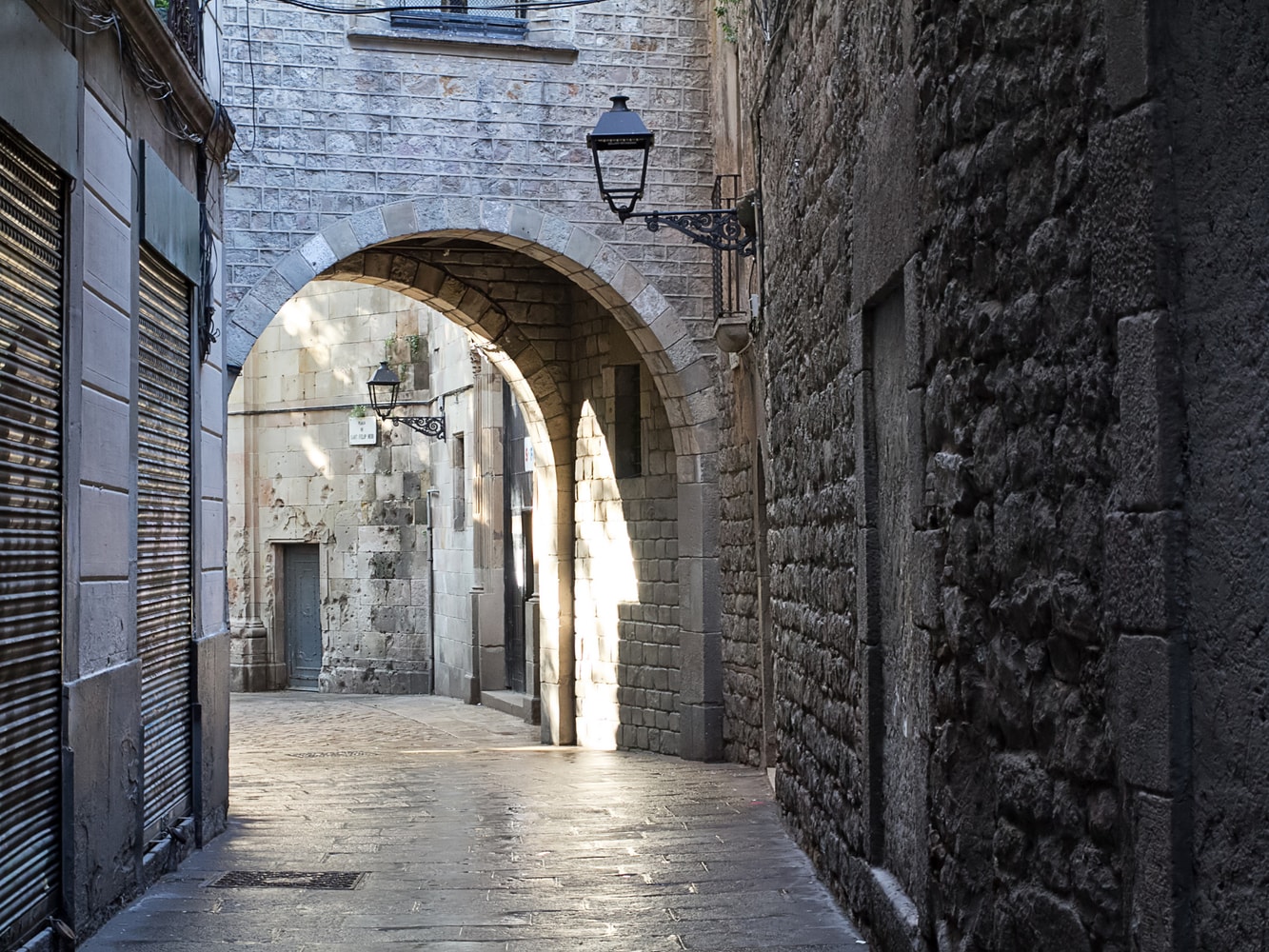
Barcelona’s Jewish Community Returns From Exile
Barcelona’s Jewish culture declined slightly with the Spanish Civil War. Yet over in the last few decades more and more Sephardic Jews have returned after centuries in exile from North Africa, Latin America, and the Middle East. There are synagogues that serve different communities and traditions from Modern Orthodox to Reform Judaism. There is also a kosher butcher and a Jewish day school that enrolls both Jewish and non-Jewish students.
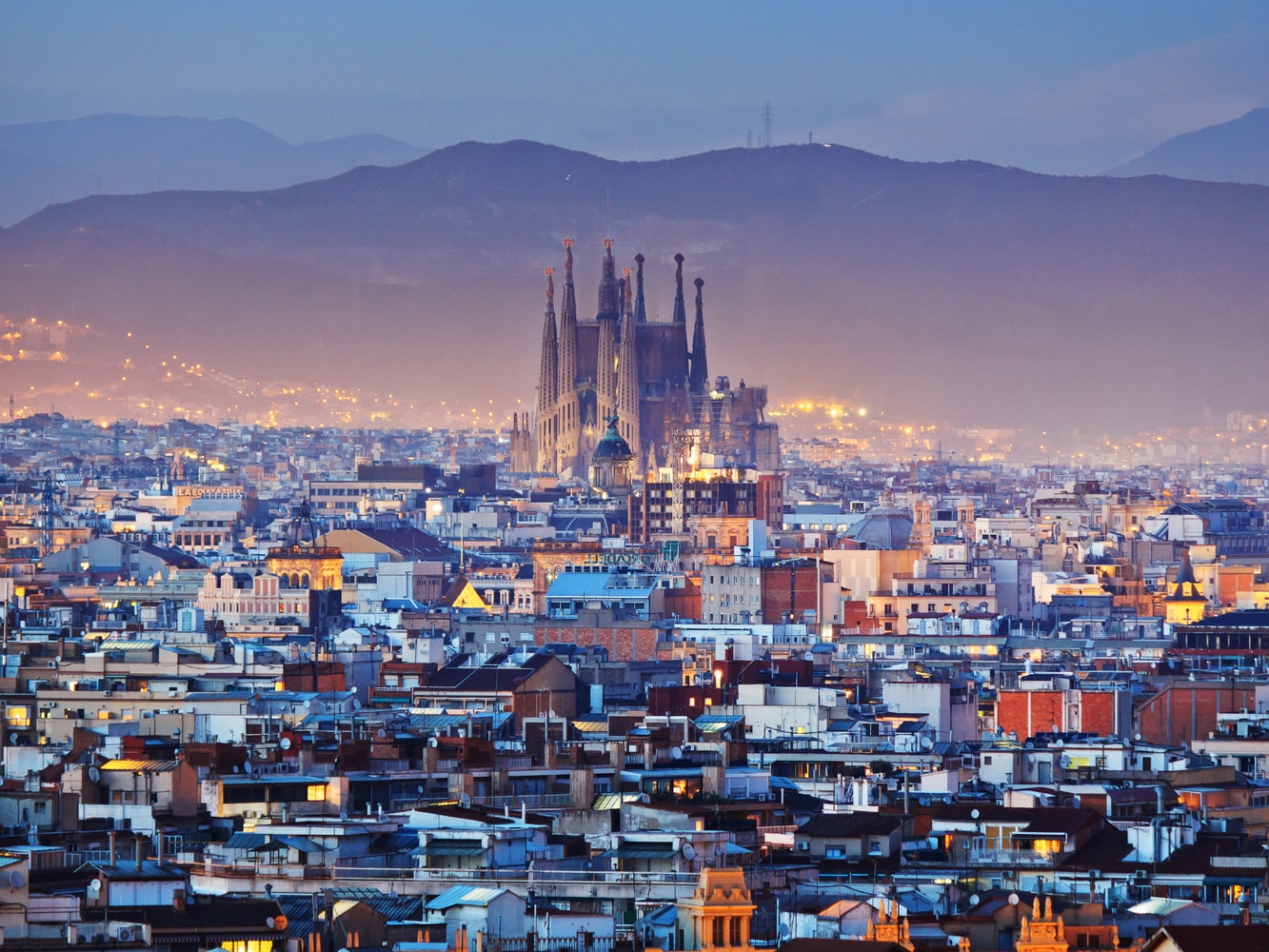
Rebuilding Jewish History in the “Call”
Since the early 2000s there has been a significant community effort to commemorate and preserve the long Jewish history of Barcelona. In 2001 a construction project unearthed 500 Jewish tombstones in what was once the medieval Jewish cemetery in Montjuic. This site also known as “Mountain of the Jews.” In 2007, the mountain was recognized as a national heritage site. The local Chabad house nestled in the famed Jewish quarter has been heavily involved in the preservation of the once buried traces of Catalonian Jewish culture.
What you can expect to find on your potential visit is a hidden history in almost every corner and street. The original Jewish quarter or the “Call” as it is commonly known forms part of what is now the Gothic Quarter and at one time housed 5,000 Jews. It is also home to the Synagoga Major, one of Europe’s oldest synagogues dated to the third or fourth century. The synagogue is built on the ruins of an ancient Roman structure the foundations of which are visible today through glass flooring. The building itself is very small, measuring only 60 square meters because in Medieval Spain a synagogue was never allowed to be taller or bigger than the smallest church in the city.
The Mind of the “Rashba”
One can also view the former home of Rabbi Shlomo Ben Avraham Ibn Aderet, more commonly known as the Rashba. Born in Barcelona in 1235 Ben Aderet became a successful banker in addition to the religious leader of Spanish Jewry designated as El Rab d’Espana. He served as Rabbi at the Synagoga Major for 50 years until his death in 1310. Rashba was one of the most respected minds of his day, receiving inquiries on Jewish law from across Europe. Many of his responsum were used in the authoring of one of Judaism’s most famous texts, the Shulkhan Arukh.
A City That Celebrates Jewish History and Modern Culture
Other than archaeological sites and famous historical figures there are other ways Barcelona celebrates its historic Jewish community. The Barcelona Film Festival has been the only one of its kind in the Iberian Peninsula since 1999. The festival offers a broad range of films that are used to dismantle prejudices inflicted on Jews and Jewish history.
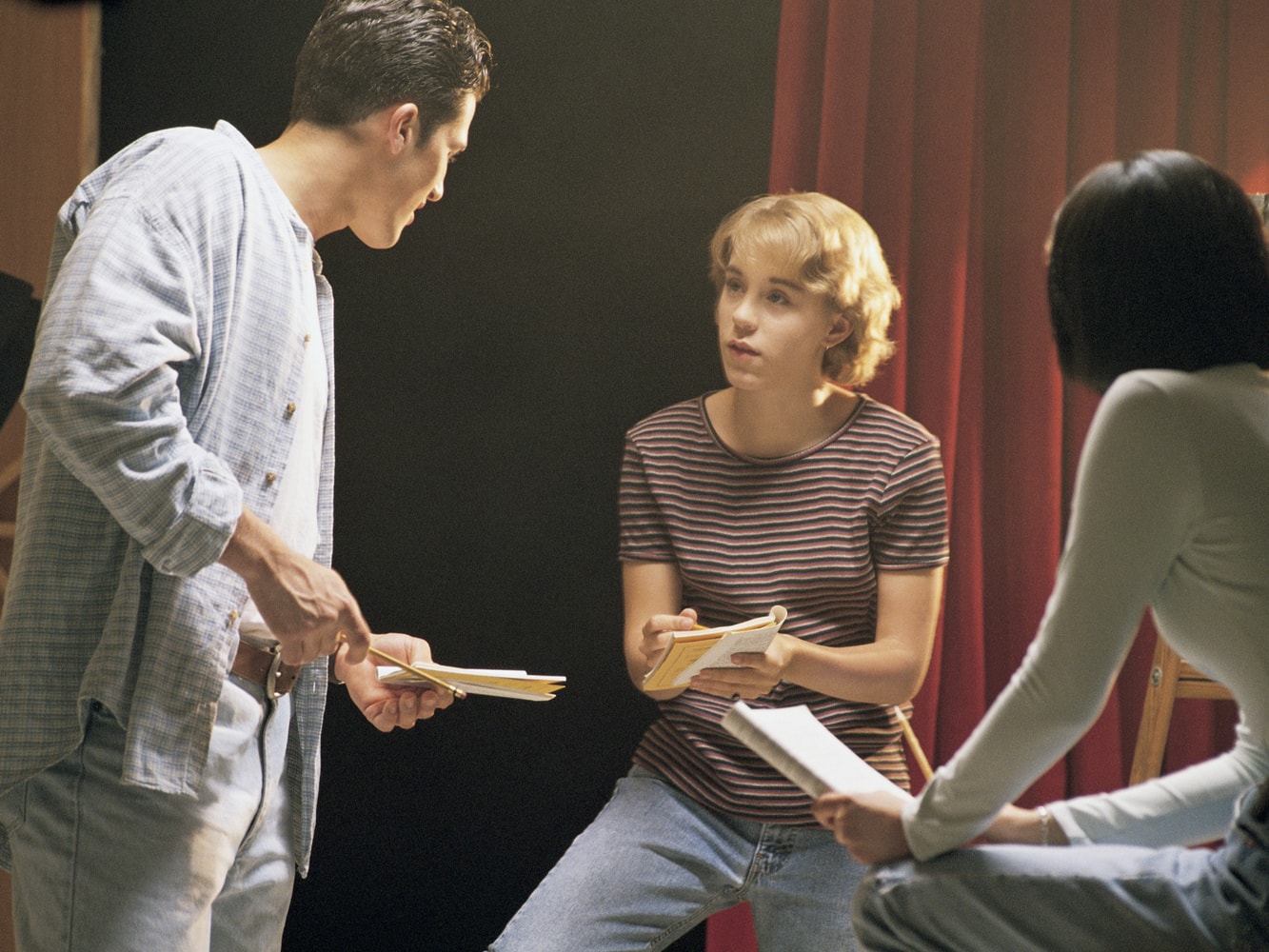
The colorful city of Catalonian culture dubbed the “Paris of Spain” could also be called the “Jerusalem of Spain” due to its established chapter of Jewish history. For over 2,000 years Barcelona’s Jewish community has known success and loss, innovation and confrontation. Most importantly that story is being continued today through the reclamation and celebration of Jewish heritage. Don’t wait too long to immerse yourself in the story. Explore Barcelona’s city page to plan your trip itinerary!

